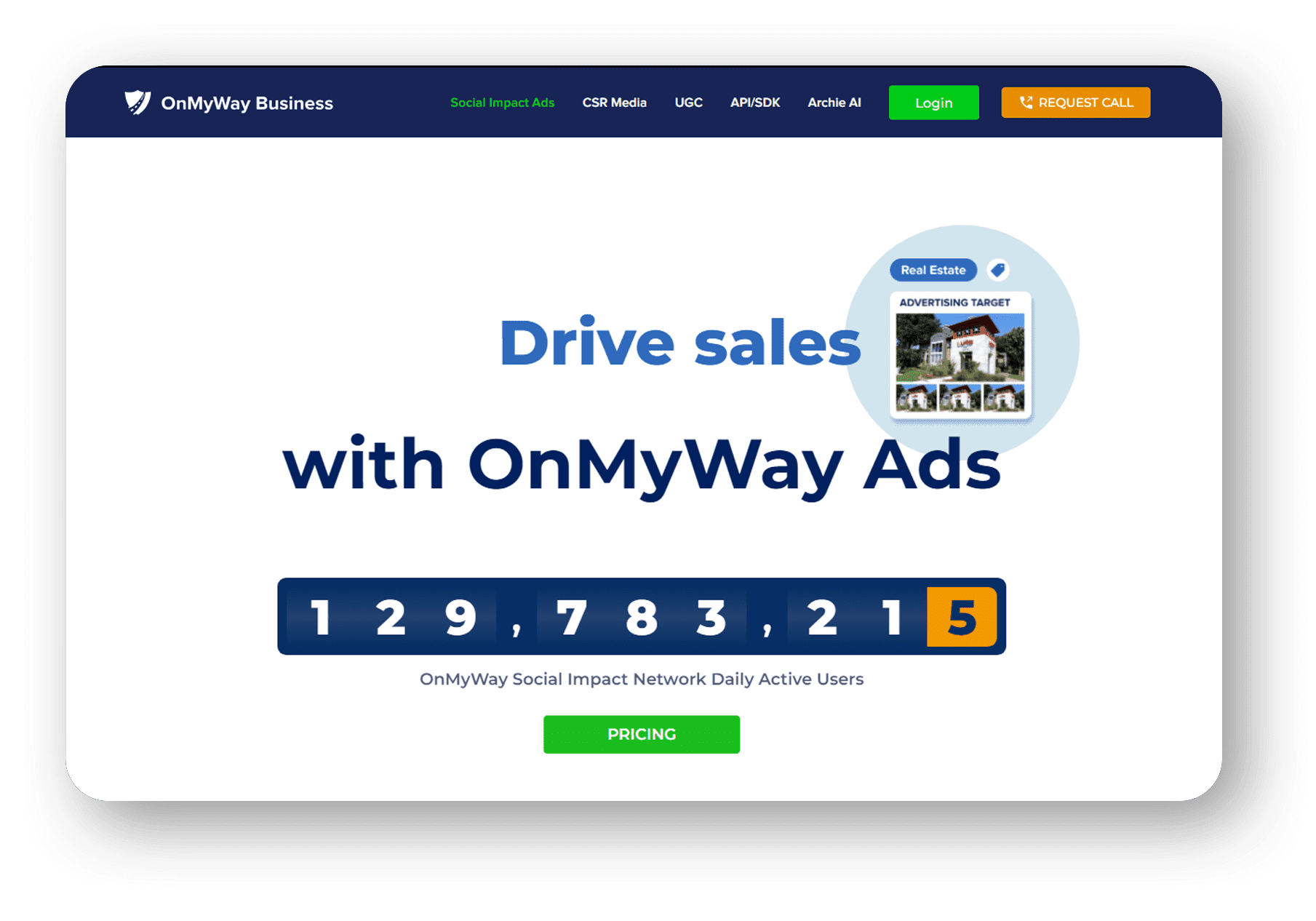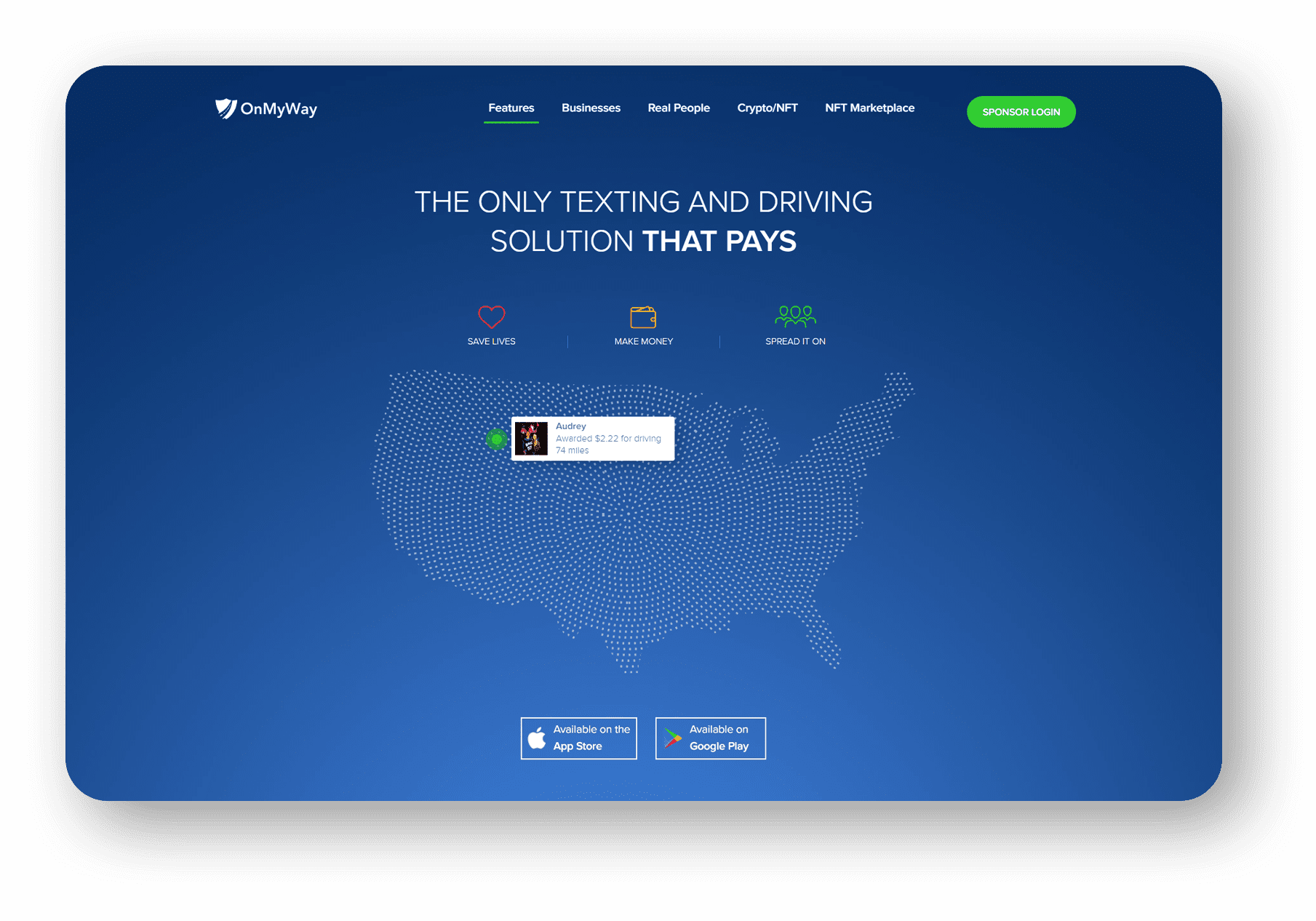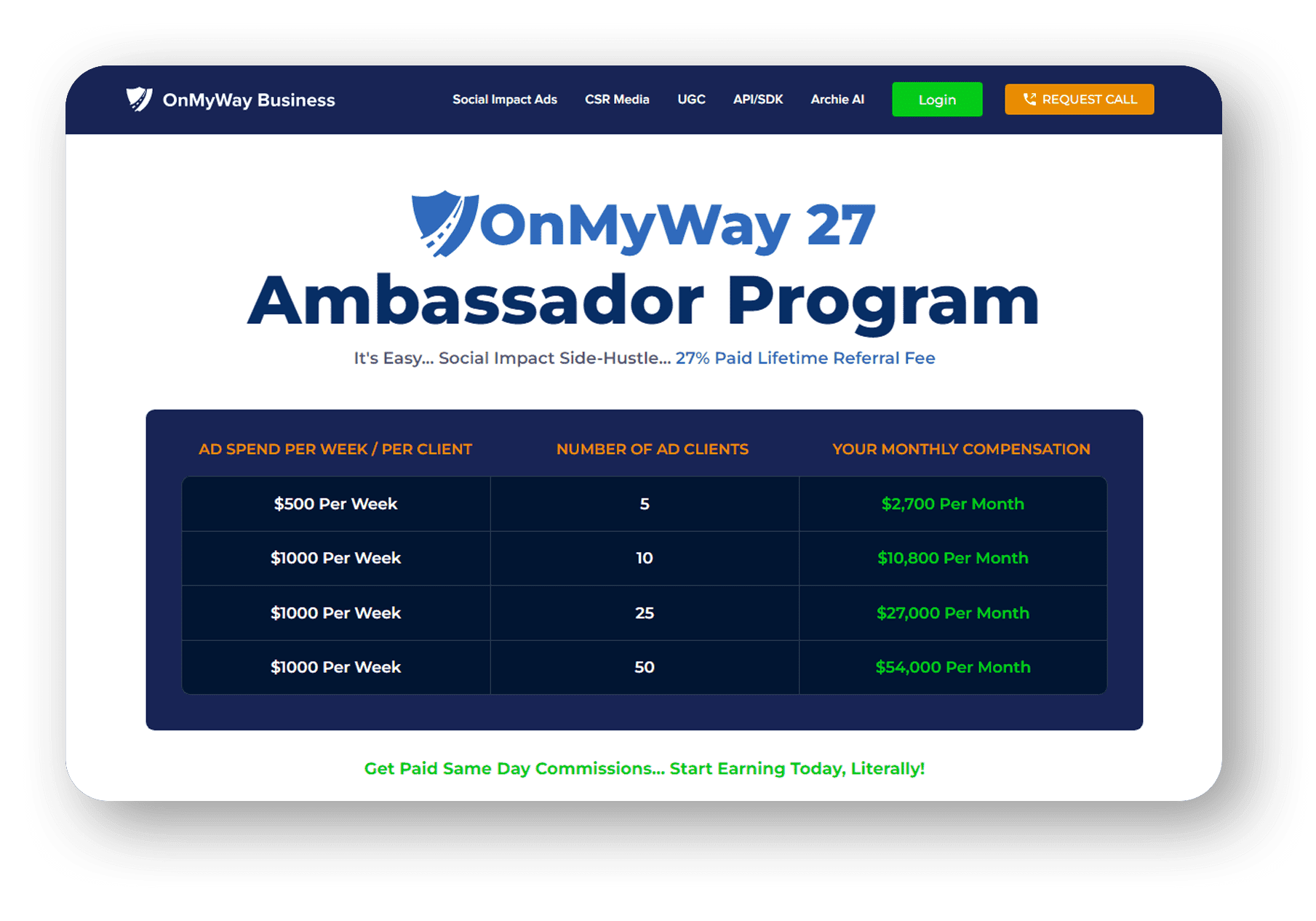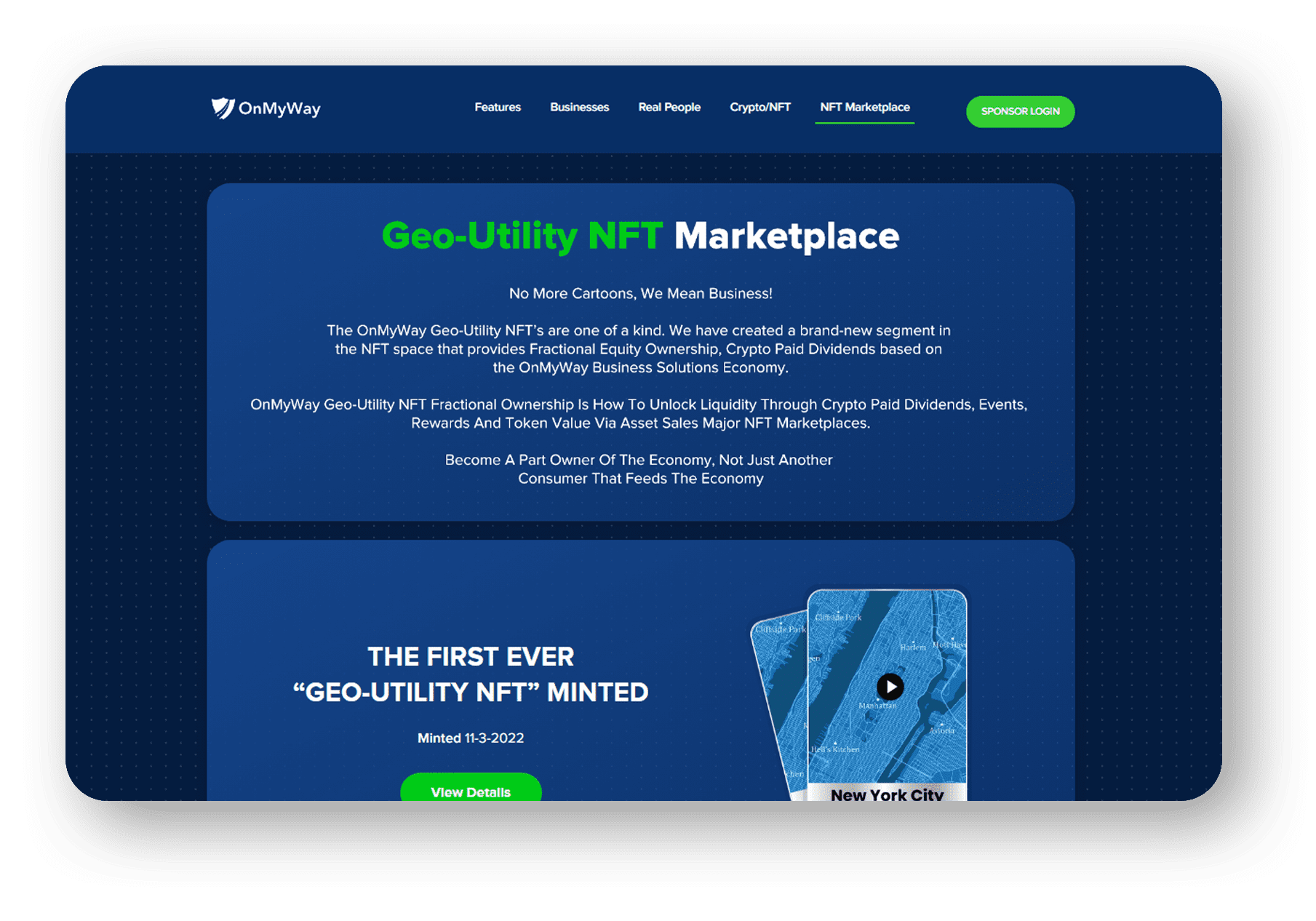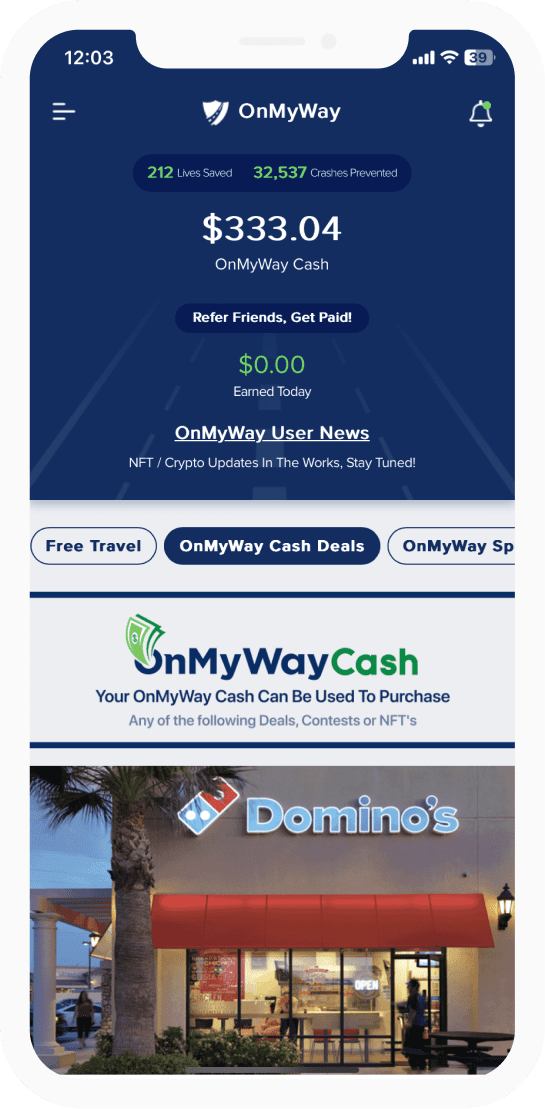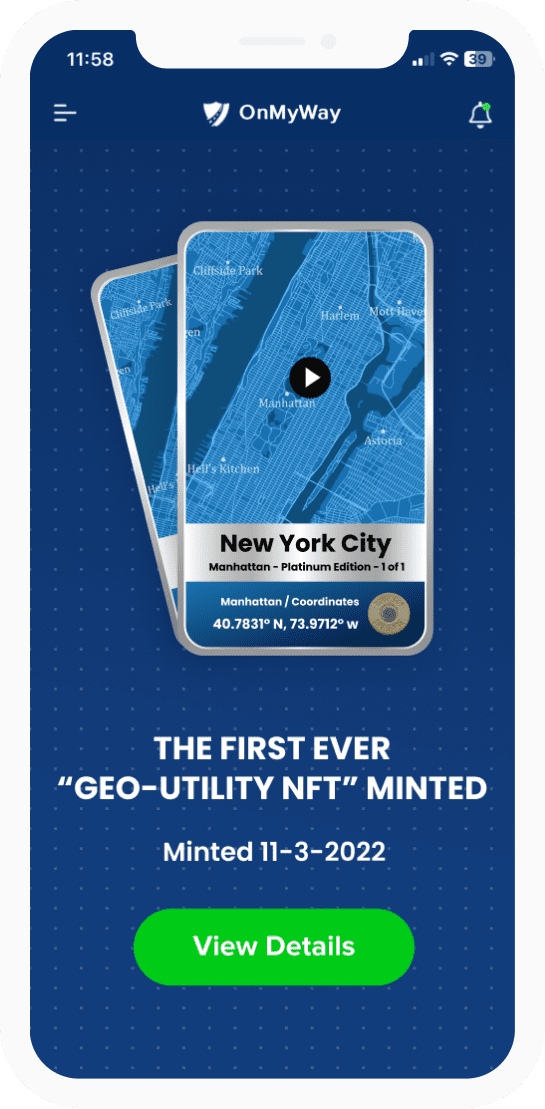
“Juneteenth commemorates the day enslaved Black people of Texas learned they were finally free from their bondage,” Blackmon said. “This momentous celebration has it’s roots right here in our own home of Galveston, Texas.”
In 1865, Maj. Gen. Gordon Granger, of the Union Army, marched into Galveston Island and issued General Order No. 3, proclaiming, “In accordance with a proclamation from the executive of the United States, all slaves are free.”
“This proclamation also laid the foundation for what many believe to be the true day of independence for African Americans,” Blackmon said.
“Throughout history—even when laws change for the greater good—old attitudes and behaviors, which cause pain, can linger and hold back society as a whole,” Blackmon continued. “That should never stop us from working to be champions of inclusion, diversity, and equality. Change—inevitable as it is—can be slow. However, if each individual contributes, its impact can be lasting.”
Caballero touched on the history of Juneteenth celebrations across the country. Earlier Juneteenth celebrations were often used as political rallies for giving newly freed Black people instructions on how to vote. During the Jim Crow era, the celebration experienced a decline, Caballero said. However, from 1936 to 1951, the Texas State Fair served as a destination for celebrating Juneteenth. From the second wave of the Great Migration—a movement of African Americans out of the rural south and into the urban areas of the Northeast, Midwest, and West—the Black people of Texas brought Juneteenth to the cities of Los Angeles, Oakland, Seattle, and San Francisco. The observance again experienced a decline during the Civil Rights Movement of the 1950s and 1960. In 1979, Texas made Juneteenth an official state holiday.
It would be another 42 years before Juneteenth would be federally recognized as a holiday, Caballero said. She recanted the story of Opal Lee, considered to the ‘grandmother of Juneteenth.’ Lee is a retired schoolteacher and activist who—at the age of 89—conducted a walk from Fort Worth to Washington, D.C., to give Juneteenth federal holiday status.
To close out the ceremony, Caballero invited gospel recording artist Ingrid Johnson to sing “Lift Every Voice and Sing”—regarded by many as the ‘Black national anthem.’
The Juneteenth National Independence Day Act was passed by the U.S. Senate on June 15, 2021, and by the House of Representatives on June 16, 2021, signing into law as Public Law 117-17, designating June 19 as a federal holiday.
“If you make it accessible for people to learn about your heritage or culture then it breaks down the barrier and the unknown and then we really become one community which is our goal,” says Brown Like Me founder, Shari Baber.
Juneteenth is a celebration of the day slaves in Texas learned of their freedom, two and a half years after President Lincoln signed the emancipation proclamation.
DIVE INTO BLACK HISTORY THIS JUNETEENTH
The county takes pride in our extensive African American History Inventory, which provides valuable insights and information for individuals interested in delving deeper into Black history. The inventory, compiled by the History Commission, highlights significant sites, landmarks and stories related to African American history in the county.
The Library offers a dedicated collection of materials and resources related to African American history. To explore these resources, visit their Black History webpage.
JUNETEENTH AT LIBRARIES
Stop by Thomas Jefferson Library on Tuesday, June 20, from 3:30-5:30 p.m. for a screening of the critically acclaimed film “Miss Juneteenth” (2020). Directed by Channing Godfrey Peoples, the movie tells the story of a former beauty queen and single mom as she prepares her rebellious teenage daughter for the Miss Juneteenth pageant.
Join the Burke Historical Society at Pohick Regional Library on Sunday, June 25, from 3-4:30 p.m. as Debbie Robison presents “Educating Freedmen: Reconstruction-Era Challenge and Successes in Fairfax County.” The program details the establishment and support of schools to serve African American children in Fairfax County after the Civil War.
Most U.S. states now hold celebrations honoring Juneteenth as a holiday or a day of recognition, like Flag Day. Juneteenth is a paid holiday for state employees in Texas, New York, Virginia and Washington, and hundreds of companies give workers the day off.
Opal Lee, a former teacher and activist, is largely credited for rallying others behind a campaign to make Juneteenth a federal holiday. The 96-year-old had vivid memories of celebrating Juneteenth in East Texas as a child with music, food and games. In 2016, the “little old lady in tennis shoes” walked through her home city of Fort Worth, Texas and then in other cities before arriving in Washington, D.C. Soon, celebrities and politicians were lending their support.
The bill was sponsored by Sen. Edward Markey, D-Mass., and had 60 co-sponsors, a show of bipartisan support as lawmakers struggled to overcome divisions that are still simmering three years later.
Now there is a movement to use the holiday as an opportunity for activism and education, with community service projects aimed at addressing racial disparities and educational panels on topics such health care inequities and the need for parks and green spaces.
Like most holidays, Juneteenth has also seen its fair share of commercialism. Retailers, museums and other venues have capitalized on it by selling Juneteenth-themed T-shirts, party ware and ice cream. Some of the marketing has misfired, provoking a social media backlash.
Supporters of the holiday have also worked to make sure Juneteenth celebrators don’t forget why the day exists.
“In 1776 the country was freed from the British, but the people were not all free,” Dee Evans, national director of communications of the National Juneteenth Observance Foundation, said in 2019. “June 19, 1865, was actually when the people and the entire country was actually free.”
OVERVIEW
OnMyWay Is The #1 Distracted Driving Mobile App In The Nation!
OnMyWay, based in Charleston, SC, The Only Mobile App That Pays its Users Not to Text and Drive.
The #1 cause of death among young adults ages 16-27 is Car Accidents, with the majority related to Distracted Driving.
OnMyWay’s mission is to reverse this epidemic through positive rewards. Users get paid for every mile they do not text and drive and can refer their friends to get compensated for them as well.
The money earned can then be used for Cash Cards, Gift Cards, Travel Deals and Much, Much More….
The company also makes it a point to let users know that OnMyWay does NOT sell users data and only tracks them for purposes of providing a better experience while using the app.
The OnMyWay app is free to download and is currently available on both the App Store for iPhones and Google Play for Android @ OnMyWay; Drive Safe, Get Paid.
Download App Now – https://r.onmyway.com
Sponsors and advertisers can contact the company directly through their website @ www.onmyway.com



